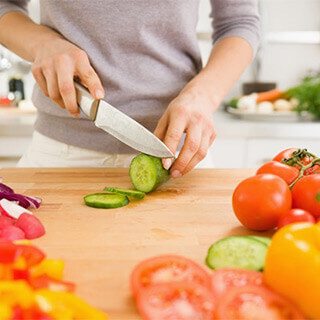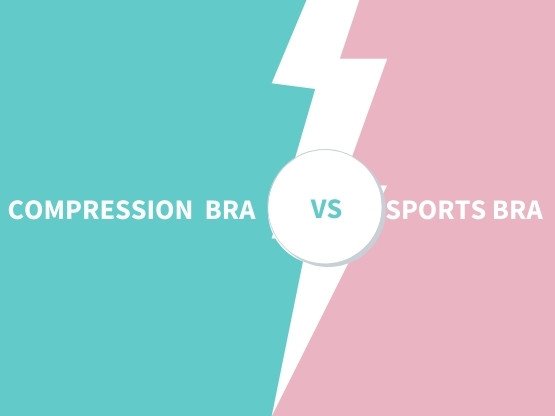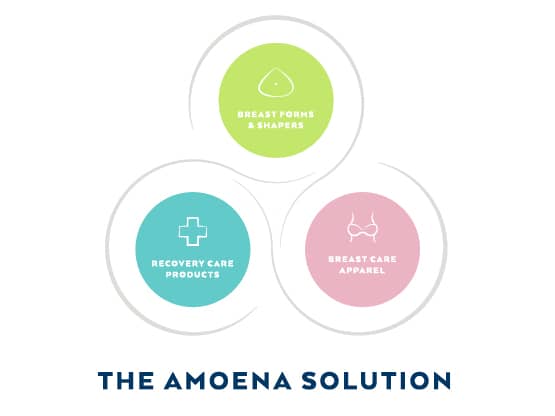Eating Healthy After Breast Cancer Surgery
It’s important to pay close attention to your diet habits both during and after cancer. Here’s how.
 If you are what you eat, then a healthy diet should be a key part of your wellness plan. In most respects, the advice for breast cancer survivors is similar to that for all women who are interested in optimal nutrition. However, there are a few special considerations during and after breast cancer treatment.
If you are what you eat, then a healthy diet should be a key part of your wellness plan. In most respects, the advice for breast cancer survivors is similar to that for all women who are interested in optimal nutrition. However, there are a few special considerations during and after breast cancer treatment.
Dietary Fat
Like other women, those who have had breast cancer generally should choose a diet that is lower in fat to reduce their risk of other cancers and heart disease. As far as breast cancer itself goes, studies to date have failed to find a strong relationship between dietary fat and the initial development of breast cancer. However, in women who already have had the disease, a few studies have suggested that a low-fat diet may be linked to lower reocurrence rates and better survival.
These are some tips for reducing fat in your diet:
- Replace fatty foods with fruits, vegetables, grains, and beans.
- Eat smaller portions of higher-fat foods.
- Bake or broil foods instead of frying them.
- Choose nonfat or low-fat milk and dairy products.
- Pick lean cuts of meat, and keep servings small.
- Try beans, fish, and poultry instead of beef, pork, and lamb.
- Look for "low-fat," "fat-free," and "extra lean" on food labels.
Of course, it is important to get enough fat-soluble vitamins (vitamins A, D, E, and K), protein, and calories, even if you cut back on fat. This is especially crucial if you unintentionally lose weight as a side effect of radiation therapy, chemotherapy, or hormone therapy. Talk to your doctor or dietitian about the best diet plan for you during treatment. You may need to make temporary changes to boost your calorie intake, such as eating or drinking more milk, cheese, butter, eggs, sauces, gravies, and other higher-fat foods. Once treatment ends, though, you usually can go back to following the standard recommendations for low-fat eating.
Fruits, Vegetables and Grains
Most of the foods you choose should come from plant sources. In general, this means eating at least five servings per day of fruits and vegetables. Fruits and vegetables contain phytochemicals, a class of chemicals found in plants that may help prevent certain cancers or improve the prognosis of cancer survivors. There is strong evidence that these chemicals provide some protection against colorectal and lung cancer, and there is weaker evidence that they may help protect against breast cancer as well.
Whole grains, high-fibre cereals, legumes, fruits, and vegetables are also good sources of dietary fiber, which can improve bowel function and reduce the risk of heart disease. While the relationship between fiber and breast cancer reocurrence is still unclear, a low-fibre diet may lead to higher oestrogen levels, and oestrogen may promote the growth of breast tumors. These are some tips for getting the most dietary punch from plant-based foods:
- Include fruits and vegetables in every meal.
- Snack on fresh, dried, or canned fruits and raw veggies.
- Drink 100% juice, if you drink juice at breakfast or snack time.
- Try beans as an alternative to meat.
- Choose whole grains over refined ones.
Sugars
Newer studies have looked at the effect of sugar on cancer cells, and it's worth considering. In a 2013 experiment, Harvard University scientist Lewis Cantley was able to prove that breast cancer cells stop growing -- at least in the petri dish -- when they are deprived of sugar.
As of this writing, the research world hasn't yet gathered have enough evidence to begin recommending a low-carb or low-sugar diet to breast cancer patients directly. However, it's become clear that most people could stand to reduce the amount of simple sugars in our diets. Complex carbohydrates, such as whole grains, are a healthier choice.
Soy Foods
When it comes to soy foods, the picture gets more complicated. Soy and soy-based foods contain natural substances that act like oestrogen in some organs while blocking oestrogen in others. While soy may have some beneficial effects, there also is a possibility that high doses might promote the growth of oestrogen-responsive cancers, such as breast cancer. To be on the safe side, if you choose to eat soy foods, do so in moderation—no more than about one serving per day. Steer clear of concentrated doses of soy in capsules and powders.
Water
Finally, be sure not to overlook water as a part of any healthy eating plan. Water is especially important when you are going through chemotherapy, as it helps re-hydrate skin cells and flushes excess medicine and toxins from your system.





















